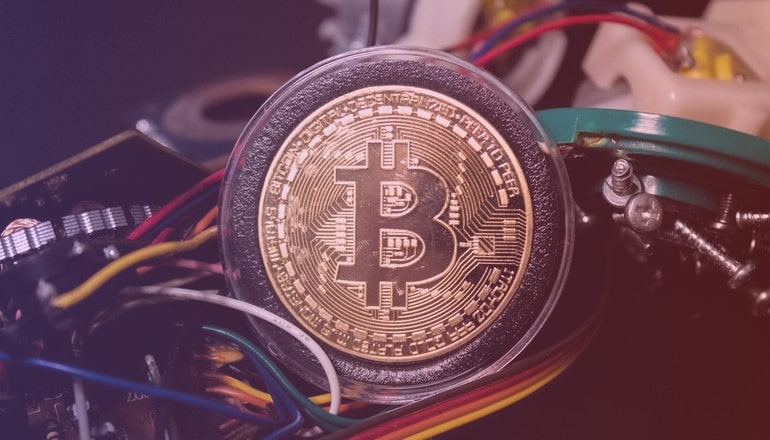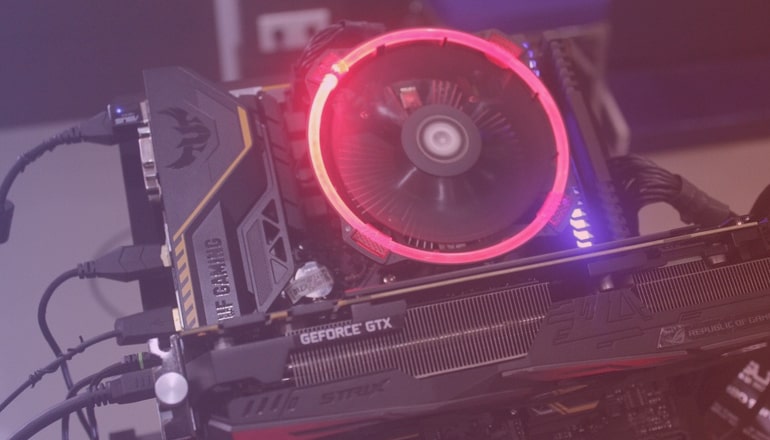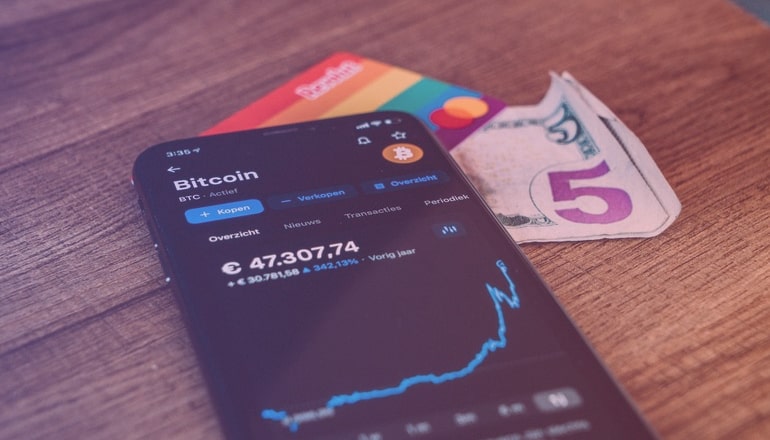Bitcoin Glossary of Terms
A | B | C | D | E | F | G | H | I | J | K | L | M | N | O | P | Q | R | S | T | U | V | W | X | Y | Z | # Aa Address: See “Bitcoin Address” AML (Anti-Money Laundering): Anti-Money Laundering (AML) regulations and procedures are governmental requirements intended to stop criminals from disguising the origins of their funds. AML restrictions often apply to bitcoin exchanges and mandate the provision of personal identifying information from investors. ASIC (Application-Specific Integrated Circuit): Application-specific integrated circuits (ASICs) are computer chips…










